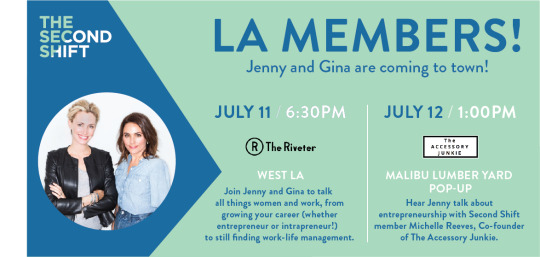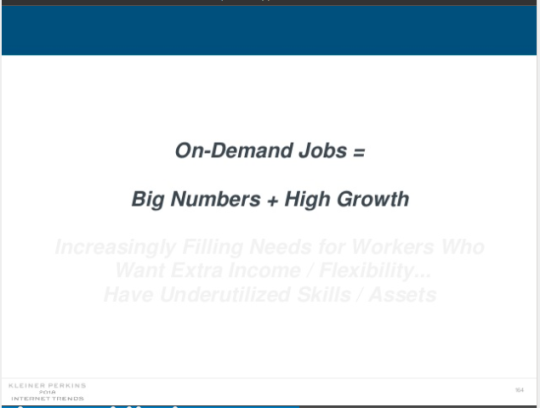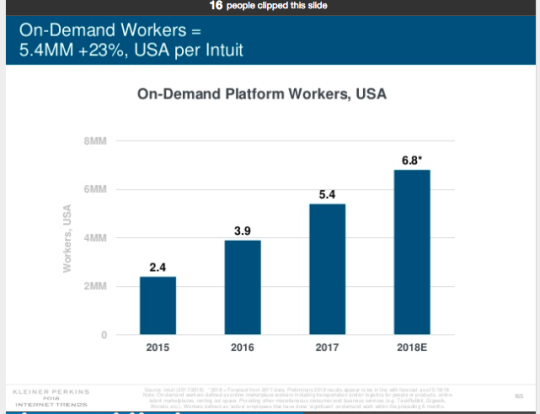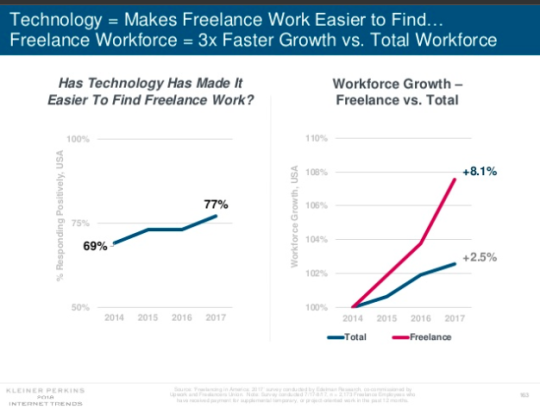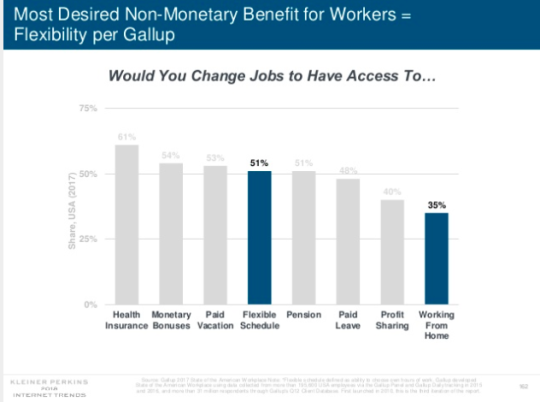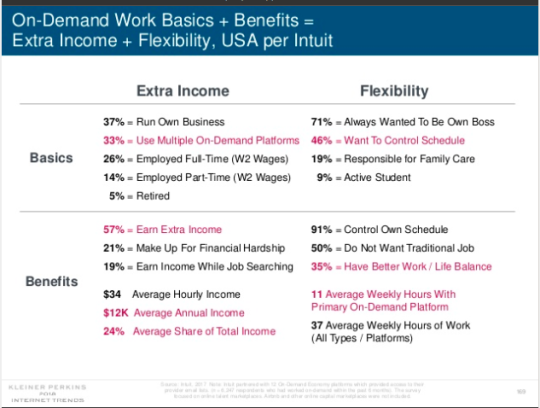It’s A Wrap LA!
Just back from bringing The Second Shift to visit LA–three events over two days to spread the message of empowerment through work. We met old friends, favorite members, potential new members and killer businesswomen. Kicked it off with a panel discussion about pivotal career transition moments at the brand new Riveter workspace in West LA. Jenny was joined by Amy Nelson, Founder of The Riveter, Jamie Kantrowitz, Founder of healthy pantry staples start-up Countertop Foods, and Nyakio Grieco, Founder of organic beauty brand Nyakio.
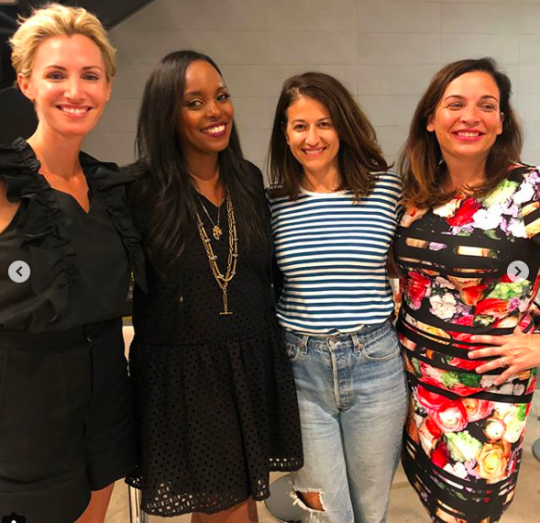
Headed next to Malibu to visit Second Shift member and client Michelle Reeves, Founder of The Accessory Junkie. Michelle and her partner Ursula set up shop at the Malibu Lumber Yard for the Summer and hosted an intimate talk about career transitions, challenges, and expectations. It was a real joy to be joined by social media expert and mentor Angela LoSasso.
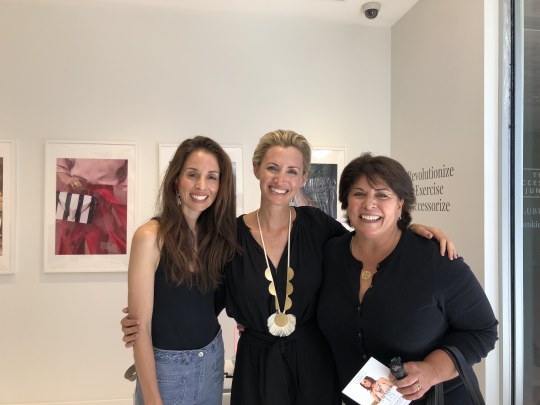
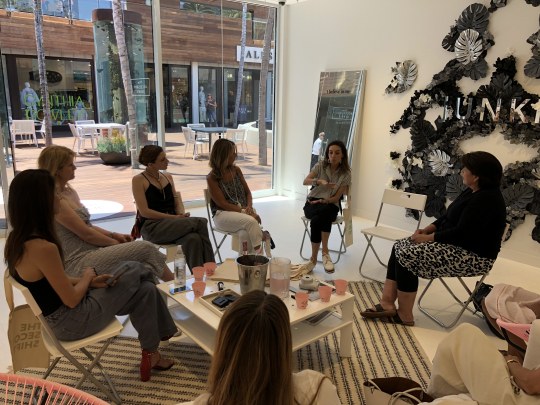
Finally, the main event was a dinner in our honor with a group of LA power Founders & Funders hosted by Jamie Kantrowitz (double billing for Jamie) and Jill Royster. We introduced guests to The Second Shift and spoke about the importance of creating an eco-system of women funding, hiring and supporting each other. Attendees included former, present and future clients like Olive & June, Simone Le Blanc, Claire Vivier, Novogratz Design, Weelicious and more.
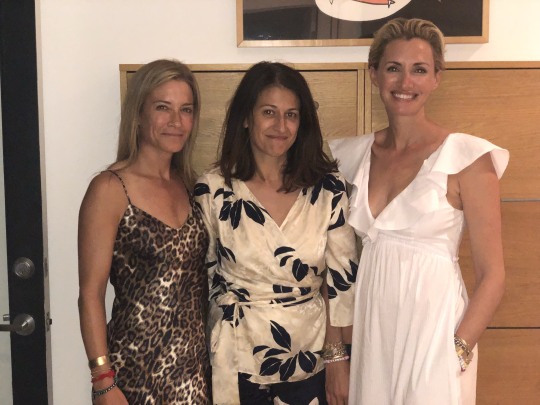
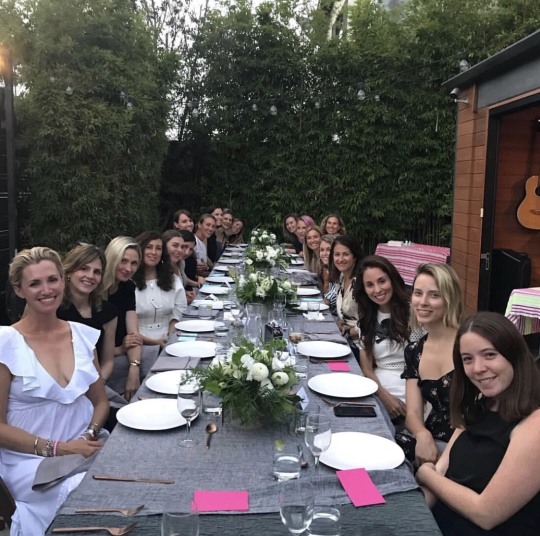
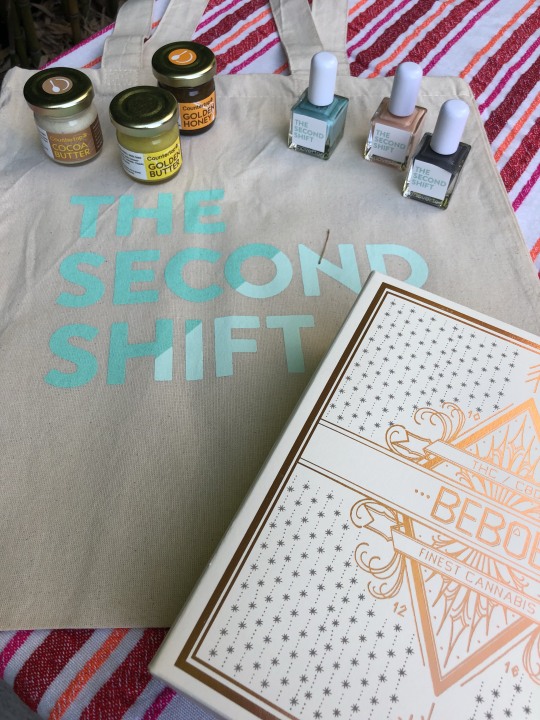
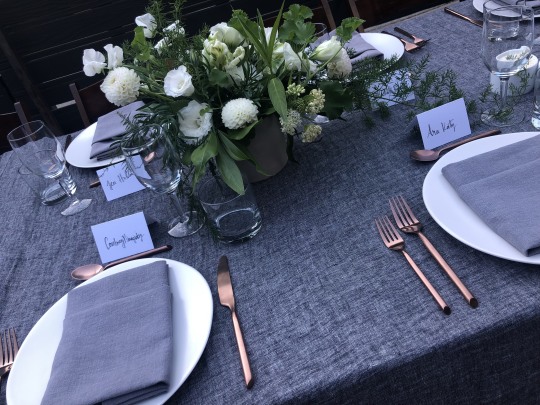
Long blog post short–more LA jobs are on the horizon, so If you know a great potential member please refer them to us at members@thesecondshift.com. Happy to send some swag as a thank you!
Pump and Dump NO MORE!
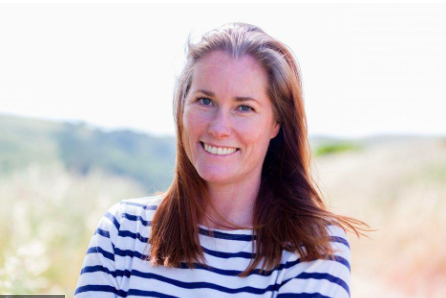
We met Kate Torgersen, the CEO and Founder of Milk Stork, at a dinner for women entrepreneurs that we hosted last May in San Francisco and were deeply inspired by her story and her company. Kate founded Milk Stork as a way for working mothers to transport their breast milk home when they travel for work. When she founded the company she was the mother of three young children and a busy executive at Cliff Bar, so it’s an issue that she personally understood, “Do I compromise my commitment to breastfeeding my babies? Or, do I compromise my job responsibilities?”
A few years later and Milk Stork is now an employee benefit at many major companies and Kate is sharing her 5 tips for working parents in a terrific interview in Women@Forbes– our favorite, #4: coach your kid’s team. Congrats Kate!
HEY LA!!!
All about YOU!
Recently some of you, our amazing Second Shift members, took part in a survey about YOU! What are you looking for? How do you currently work? How do you interact with our platform? The results are very interesting and give us insights and direction as we grow this community and business.
Here is what we learned:
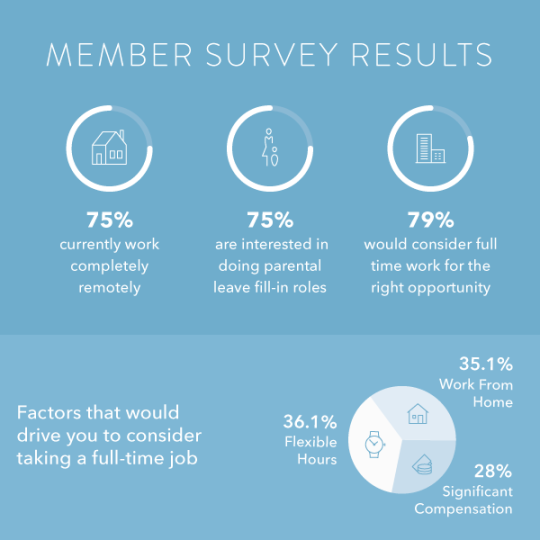
HOWEVER! This is where things get interesting…
96% have not yet attended a Second Shift event! This year we have been to Seattle, NY, SF and LA. Look out DC, Chicago and Boston we are coming in late 2018. Please come to a member event– it’s such a great way to network, meet clients and learn new skills.
So how do you find out about events and other interesting opportunities?? Our blog and social media!!!
Yet….more than half of the survey respondents do not follow us on social media!!! This is seriously disappointing because we work really hard to provide interesting content and behind the scenes intel about jobs and community.
Follow us so that you don’t miss out on exciting opportunities, events, perks, promotions and JOBS!
Click the links below to follow us– it’s that easy!
Marietta Bryant– Meet our June Featured Member!
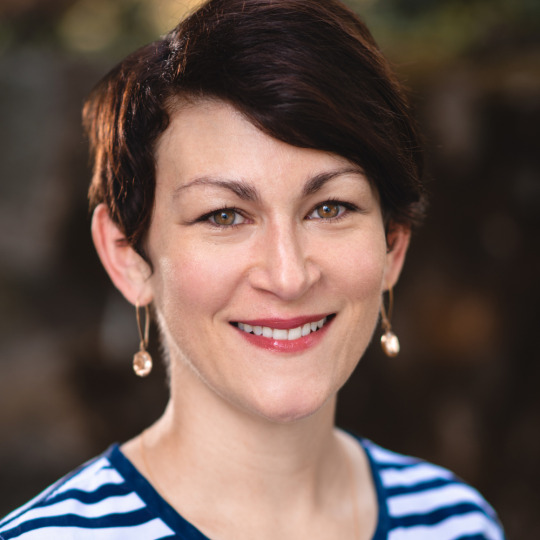
Marietta Bryant was chosen as our Featured Member this month because we love the boldness of her pitch, her honesty with the client about her career path and overall optimistic attitude toward work and life. Marietta started to work with Ascent as a consultant on a part-time basis and that role recently became permanent– proving the model for temp-to-perm works for both our members and client companies.
You have had a very interesting career that spanned different industries– what has surprised you most about your career path? When you started out did you think you would wind up where you are today?
15 years ago, my first job after college was buying nuts and bolts- literally. My only goals back then were to work hard, get out of purchasing and into marketing – and to see as much of the world as I could.
Back then, I couldn’t predict the specifics. I didn’t know that I would be a wife and mother, a director in the oil and gas industry, or now a consultant-turned-marketing advisor to an exciting startup. But somewhere along the line, I figured out what I liked to do. I learned what I was good at – and more importantly, what I wasn’t – and after that I knew I could fall back on my old standby, hard work, to get me where I wanted to go. What surprises me the most, if I look back on my career to this point, is how strong the correlation is between my success and how honest I am with myself.
What were the pivotal moments that caused you to change paths/ transition/ break with the trajectory of your career?
Two key moments in my career shaped my journey; one early, one late.
Early on, after I moved into marketing, I was fortunate to represent my division in a corporate-wide rebrand. Witnessing the development of a new global brand from start to finish was eye-opening and lit the path to strategic marketing.
Later, around year 14, I chose to hang my career on a hook for a year. Everything I had worked toward was put on hold while I learned a new skill – becoming a mother. Because of my personal goal to spend as much time with my son as I can until he reaches school age- I was so thankful to find an organization like the Second Shift to help me get back into work while still having solid family time.
You recently took a job through The Second Shift and it is a departure from what you have been doing in many ways– what made this seem like an opportunity you didn’t want to miss?
After working with Ascent for a couple of months, they offered to work directly and I jumped on it. They’re an amazing group and they are so excited about their work that it’s hard not to want to be a part of the team. I felt it was a good fit for where I am in my career and personal life and what they need, and I can’t wait to watch the company grow.
Your pitch is below. Would love to know the thought process when crafting it and why you decided to address the time off you took off to raise your son.
When I pitched for the job at Ascent I went all-in. After reading their job description I felt it was such a good fit (kind of like a dating profile!) that I wanted to make 100% sure it would work. So I was “me” as much as I could be. That’s also why I mentioned the recent gap year after my son’s birth. I figured; this is my life – this is my reality. If this is going to work for both of us (me, Ascent) then it has to be based on honesty and truth.
Good afternoon, My name is Marietta Bryant, and I have worked full-time in B2B marketing, most recently at the Director level, for nearly 15 years. My marketing career has been shaped by opportunities to build marketing departments from the ground-up. These opportunities have convinced me that this is all I want to do, which is why Ascent Leadership’s posting instantly appealed to me. I’ve pulled a few relevant highlights and grouped them into three categories below: CRM management, brand leadership, and project management, to showcase my abilities and excitement for working on this project. I have developed a public company’s Salesforce CRM platform and sales realization process from scratch, inclusive of lead generation, lead capture, opportunity management, account management, win/loss analysis, pricing, forecasting, and real-time reporting. Though I was responsible for development, I had to build strong relationships with the sales and customer service teams to ensure the system would be implemented and utilized effectively. This required multiple presentations, training sessions, and dedicated support to a 25-person team. In addition to CRM management, developing and maintaining a communications and brand strategy is a substantial piece of my work experience. Most recently, my company decided to change its name and brand upon having its IPO. This required my leadership to determine “who we are” and then to communicate this new identity to employees, customers, vendors, and investors. This change took place in phases and I led the team through each step of discovery and implementation. Once key messages and the new brand were agreed upon, the visual evolution could take place: signage and internal stationery, digital (web, social media, newsletters), trade shows and events, press releases, published content (articles, blogs), marketing collateral and brochures, and corporate brand standards. I wrote and/or proofread, all content, and designed some pieces as well. Finally, working on such large-scale projects required strong organizational and project management skills. Whether I am leading a team or working independently, every project has multiple objectives, inputs, outputs, and customers, and staying on track and on budget are always a top priority. For the two examples listed above – CRM management and brand/communications strategy – I was able to hand off work seamlessly to members of my team when needed, as well as give regular, succinct updates to management. I sincerely believe I could help Ascent Leadership to achieve its marketing goals. In addition, this role would be an excellent opportunity for me personally as I would love to learn more about the organization and its customer base. I do live in the midwest currently, but could make occasional trips to New York as needed. Of course I hope I am the right fit – regardless, I wish you the best of luck in your search. Kind regards, Marietta Bryant
Thank you so much Marietta. We wish you the best of luck in your new venture and thank you for your willingness to share your thoughts and process with our community.
On-Demand On The Rise!
Learn to Speak “man” and other work hacks from a pro!
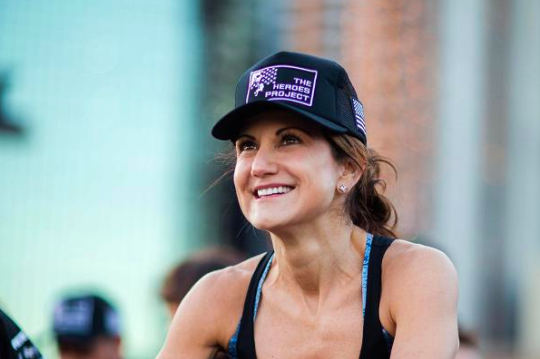
Equinox CEO Niki Leondakis knows a lot about being a woman in a male dominated industry and shares tips for women feeling insecure with unequal gender dynamics at work.
“Leondakis’s advice? “Don’t let it psyche you out,” she said. “Don’t let the noise that that creates in your head stop you from being an active contributor. Make sure that you continue to engage. Lean into the conversation and assert your point of view.” The key is to look people directly in the eye, she added, and eventually, they will pick up on the fact that you’re someone who deserves their attention.
While there are steps men can and should take to make sure women feel more included in conversations, Leondakis said women can do things to meet men where they are, as well. She likens it to learning a new language in a foreign country — in this case, a male-dominated culture. “Don’t lose who you are, but learn to speak the language,” she said.”
Read the whole article here:
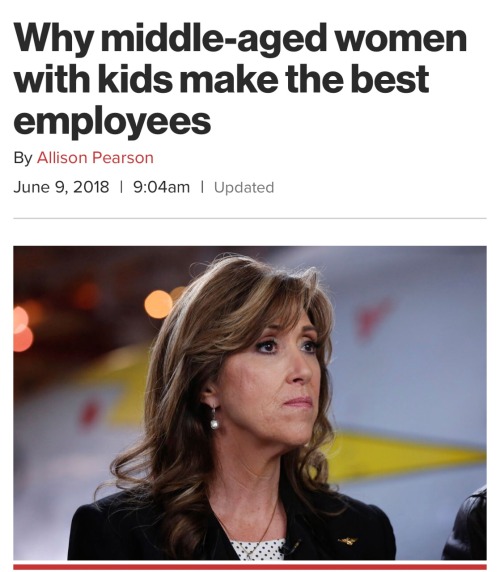
Well here is some good news for women—a New York Post article shouts out women in their 40s and 50s who face both age and sex discrimination when they are at the most capable point in their careers! One of our core values is to be a grown up and there is a reason why…
“The truth is midlife women, with all that experience under their belts, who have ridden the rapids of family life and juggled duty and caring, make the most terrific employees. As one senior woman in financial services told me: “Of course I can handle difficult clients. I’m the mother of 15-year-old twins for heaven’s sake. I can handle anything!”
Thats why we are here to provide opportunities for this group of women— because they’ve earned it.

